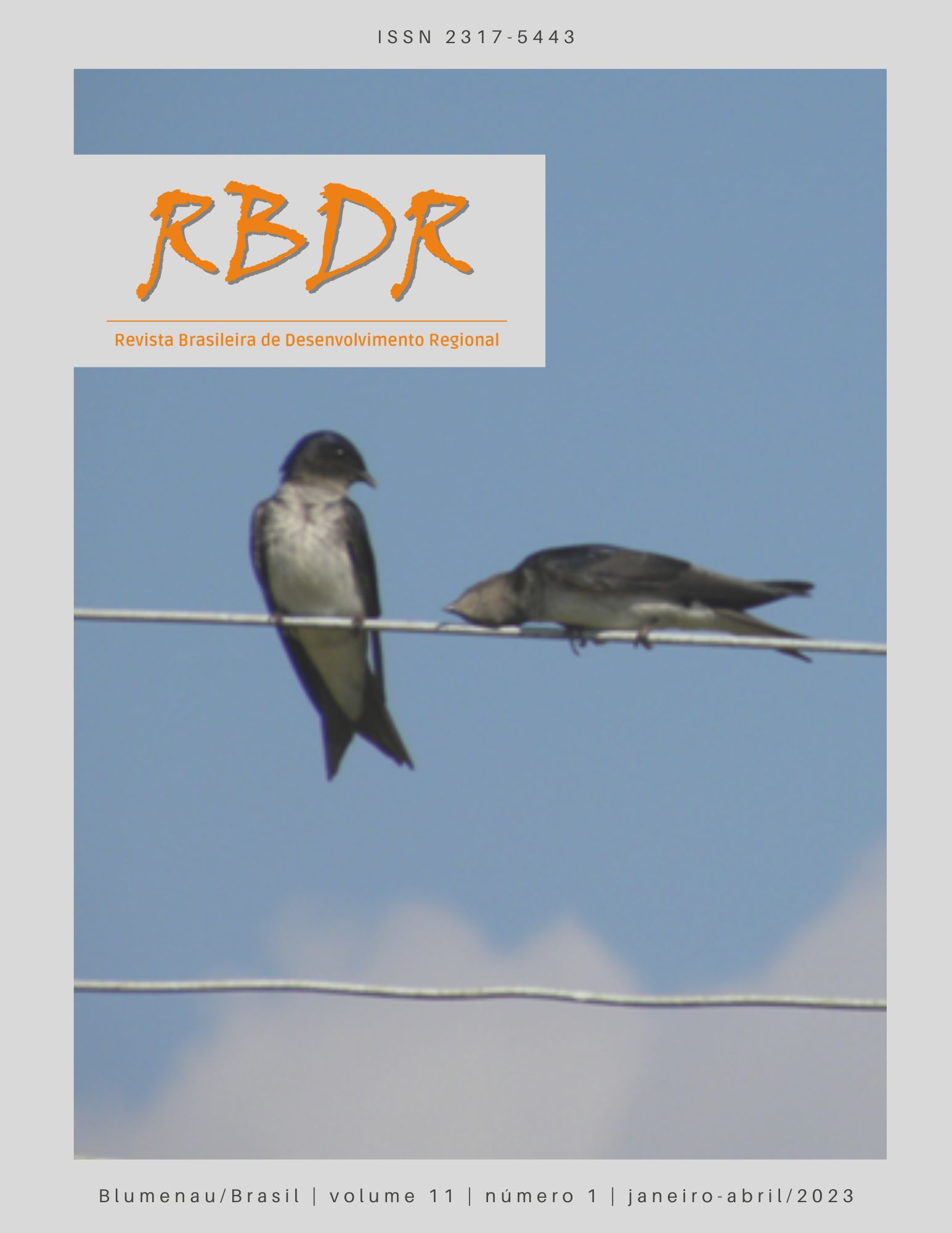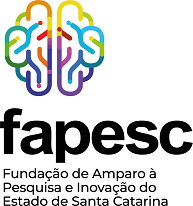Family farming and organic food in Cachoeira do Sul/RS: production and market insertion
DOI:
https://doi.org/10.7867/2317-5443.2023v11n1p243-268Keywords:
Agricultura familiar, Produção Orgânica, Mercados.Abstract
Brazilian family farming is characterised by social, economic and productive heterogeneity. With a more demanding market and concerns about health, the adoption of healthy and sustainable practices has become a requirement, motivating the production and consumption of organic food. The aim of this article was to describe the characteristics of family farming that produces organic food in the municipality of Cachoeira do Sul. The research is qualitative and quantitative and primary data was collected using a semi-structured form. Interviews were conducted with six families whose motivations for producing are related to concerns about the environment, health, adding value and differentiation. Most of the producers are over 40 years old and have completed high school. The properties do not exceed 24 hectares, and the main income-generating activities are vegetables and fruit. The most used marketing channels are fairs and direct sales to consumers, the latter reinforced by close interactions and contacts. There was little evidence of food being sold in local supermarket chains, which indicates opportunities for future research into mapping supply and demand.
Downloads
Downloads
Published
How to Cite
Issue
Section
License
Os direitos autorais para textos publicados na Revista Brasileira de Desenvolvimento Regional são do(a) autor(a) e co-autor(a/es), com direitos de primeira publicação para a revista. Por aparecerem neste periódico de acesso público, os textos são de uso gratuito, com atribuições próprias, em aplicações educacionais e não-comerciais. A RBDR permitirá o uso dos textos publicados para fins não-comerciais, incluindo o direito de envio para bases de dados de acesso público. Os textos publicados são de integral e exclusiva responsabilidade do(a) autor(a) e co-autor(a/es).
• O(a) autor(a) e co-autor(a/es) autoriza(m) a publicação do texto na revista;
• O(a) autor(a) e co-autor(a/es) garante(m) que a contribuição é original e inédita, e que ela não se encontra em avaliação em outra(s) revista(s);
• A revista não se responsabiliza pelas opiniões, ideias e conceitos emitidos nos textos, por serem de inteira responsabilidade do(a) autor(a) e co-autor(a/es);
• É reservado aos editores o direito de promover ajustes textuais e de adequação do texto às normas de publicação;
• O(a) autor(a) e co-autor(a/es) declaram que o texto não é objeto de quaisquer conflitos de interesse.





